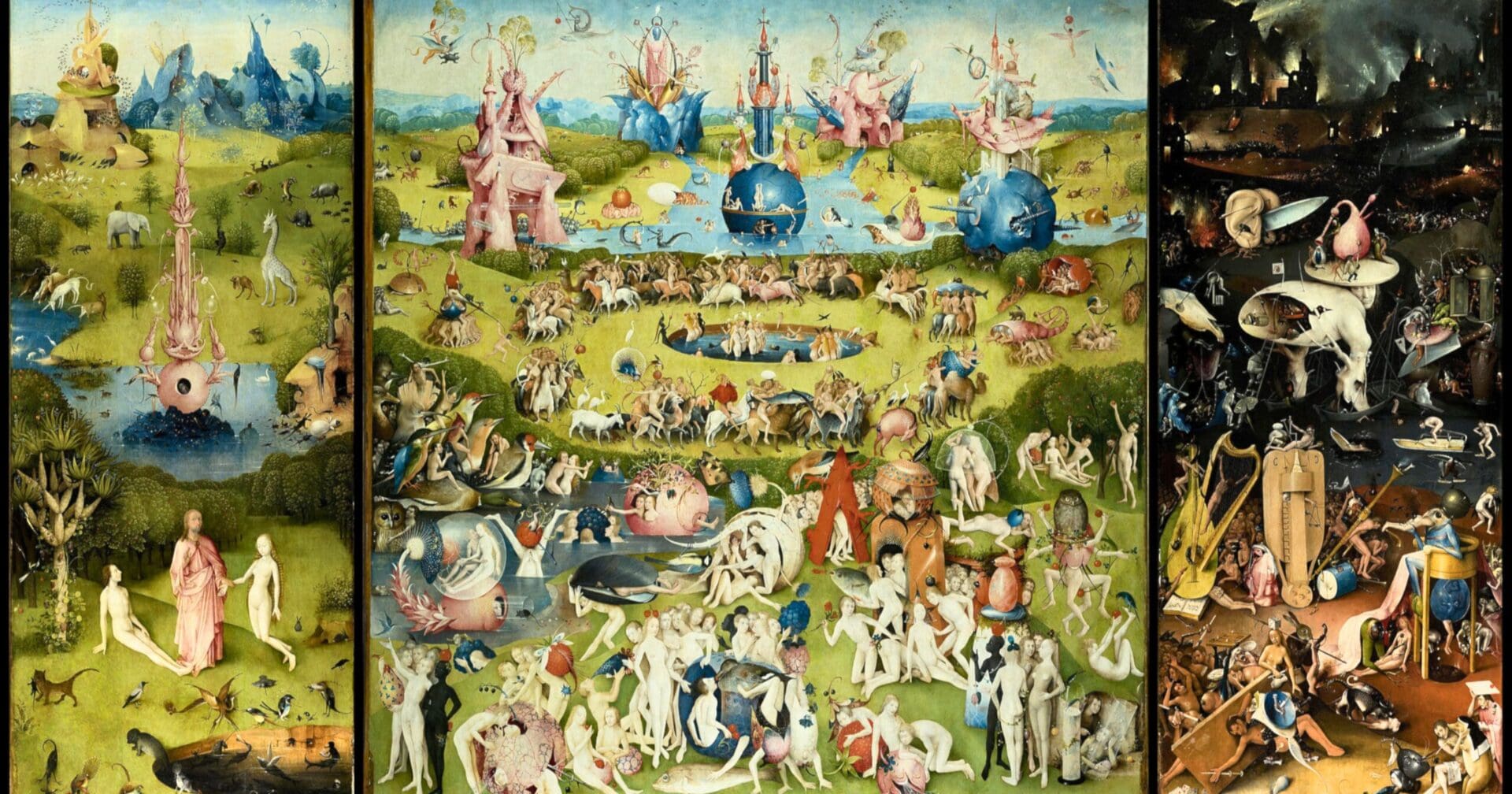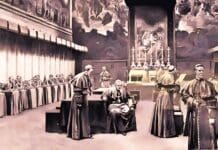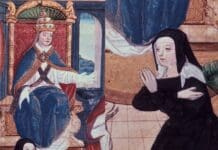Can being a “Free Spirit” be sinful?
In the Middle Ages, the Brethren of the Free Spirit, a loose group of radical heretics were scattered across Europe and at odds with the Church.
The Free Spirit heresy, active between the 13th and 15th centuries, was not a monolith but a mosaic of beliefs. Its adherents, found in regions like the Low Countries and Northern Italy, challenged the Church’s core doctrines. They believed in the perfectibility of human nature to the point where the ‘perfected soul’ becomes one with God, a notion termed “autotheism.” This concept fundamentally conflicted with the Church’s teachings about the separation between Creator and creation.
The Free Spirits were also seen as radical for several more reasons.
They denied the necessity of the Church and its sacraments for salvation, believing in direct communication with God. They held that those led by the Spirit were above ecclesiastical laws and moral standards, encapsulated in their statement: “Nothing is a sin except what is thought to be a sin.” Such beliefs posed a direct challenge to the Church’s authority and the established moral and natural order.
By the early 15th century, the Church, particularly in Germany, saw such heresies as grave threats. The Council of Basel in 1431 was partly convened to address these issues. Dominican reformer Johannes Nider even linked the Free Spirit heresy with elements of witchcraft. When “Free Spirits” refused to renounce their radical heresy it resulted in church trials and, in some cases, executions.
Over time, the movement dissipated under the weight of church crackdowns and the changing religious demographics of Europe, eventually fading into a historical footnote of medieval Christian heterodoxy.
Photo credit: Public Domain via Wikimedia Commons



















